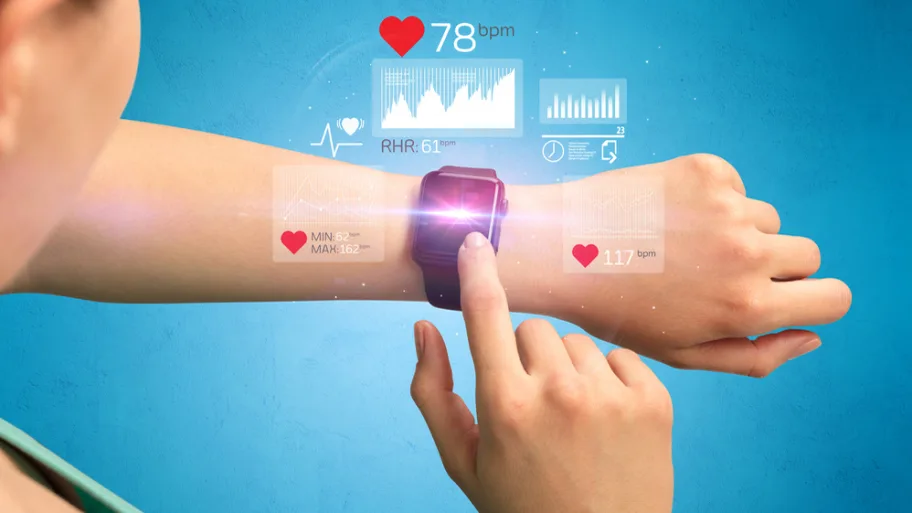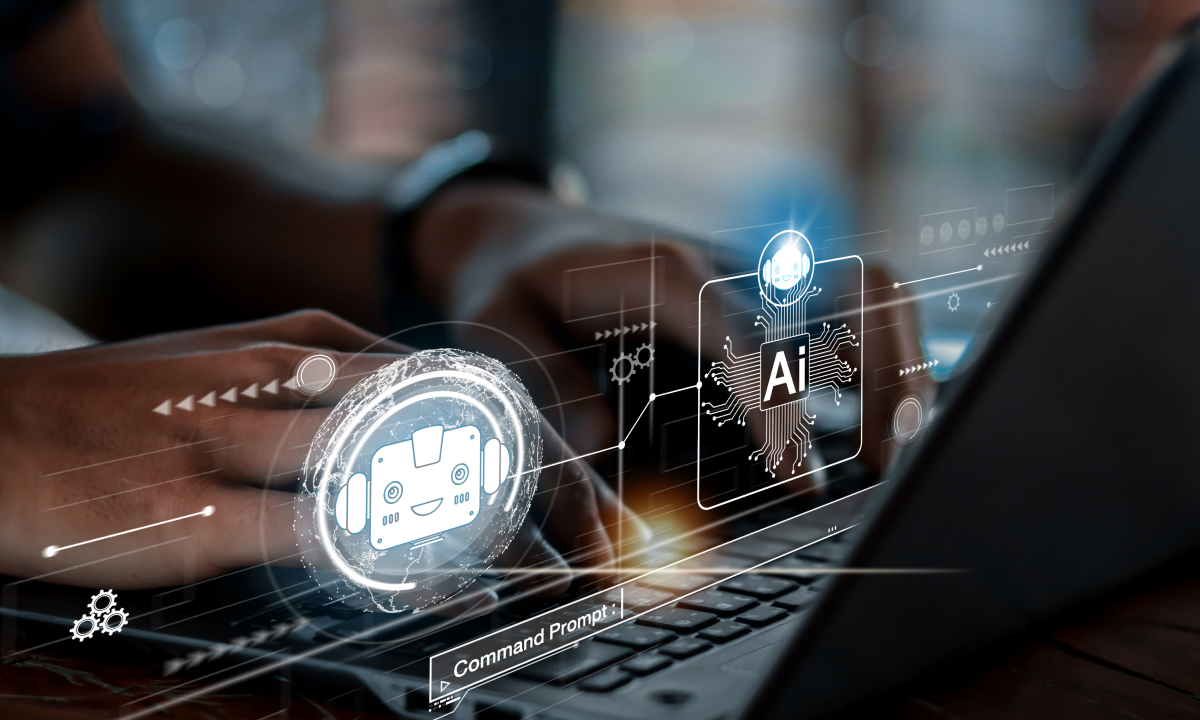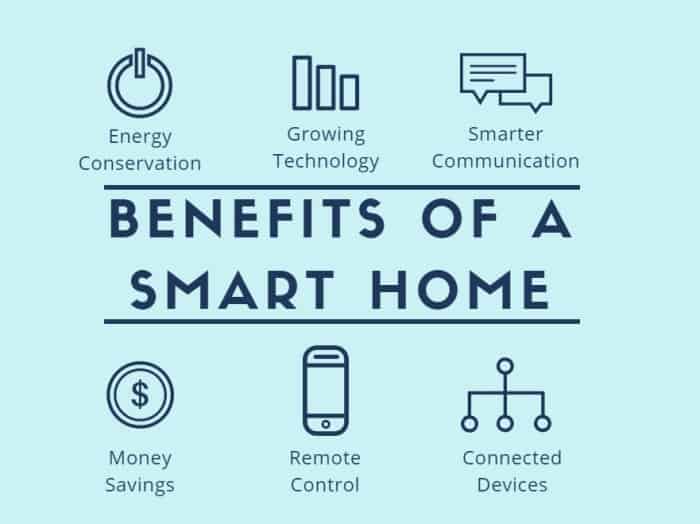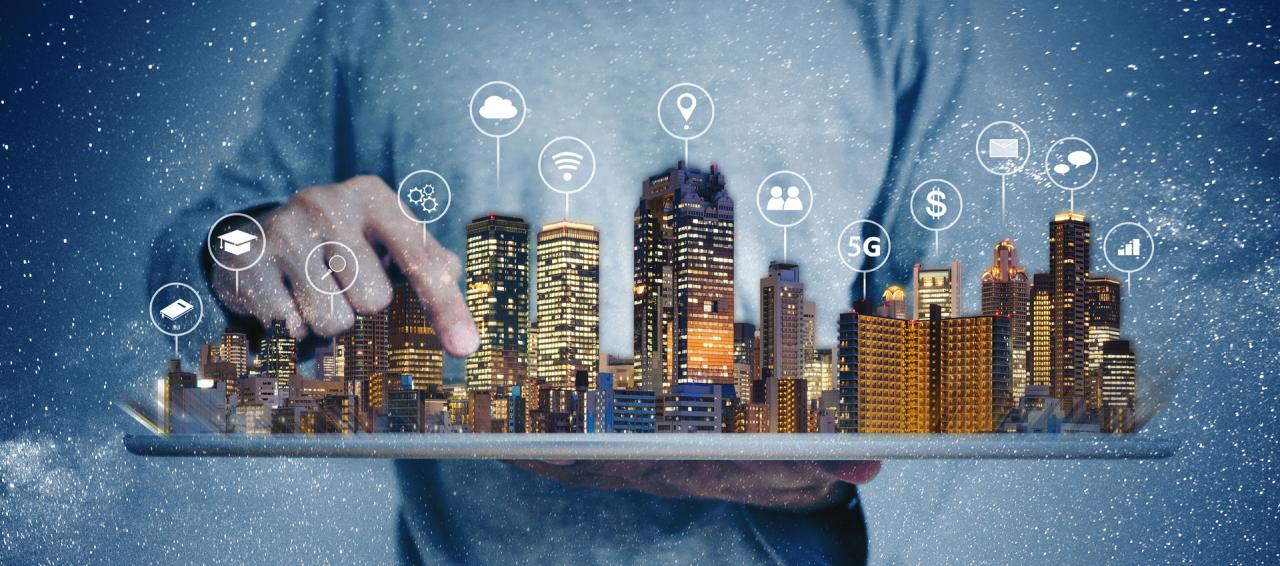Embark on a journey through the evolution of smart devices, a captivating tale of innovation and progress that has reshaped the way we live and interact with technology.
From their humble beginnings to their current state of cutting-edge sophistication, smart devices have revolutionized the way we communicate, work, and entertain ourselves.
Introduction to Evolution of Smart Devices
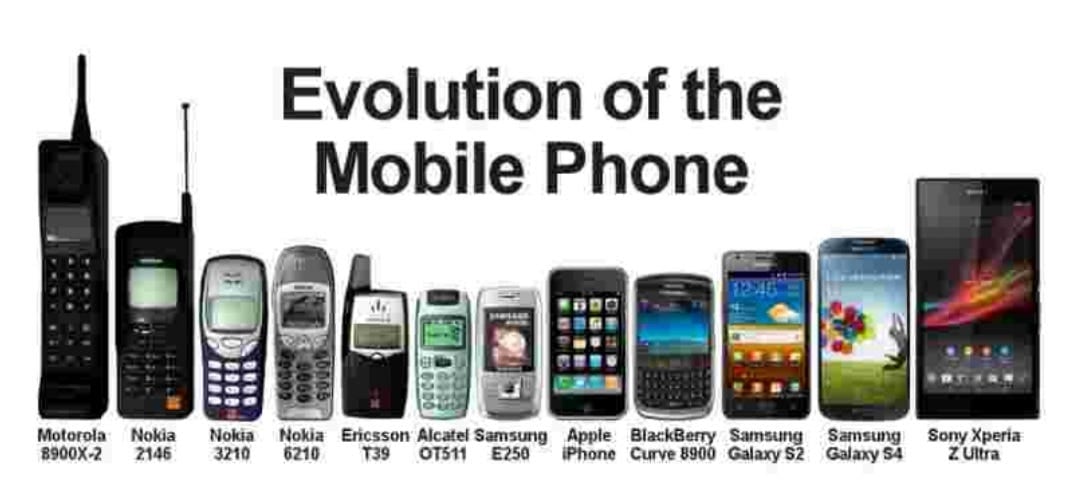
Smart devices have become an integral part of modern society, revolutionizing the way we communicate, work, and live our daily lives. These devices, equipped with advanced technology and internet connectivity, have transformed the world around us. From smartphones to smart watches, the evolution of smart devices has been rapid and impressive.
Significance of Smart Devices
Smart devices play a crucial role in our daily routines, offering convenience, efficiency, and connectivity like never before. With the ability to access information, communicate with others, and control various aspects of our environment, smart devices have become indispensable tools in today’s digital age.
- Smartphones: The evolution of smartphones has been remarkable, from basic calling devices to powerful mini-computers capable of performing a wide range of tasks.
- Smart Watches: These wearable devices have transformed from simple timepieces to sophisticated gadgets that can track our health, provide notifications, and even make payments.
- Smart Home Devices: From smart thermostats to voice-controlled assistants, smart home devices have revolutionized the way we interact with our living spaces, making our homes more efficient and secure.
Key Technological Advancements
Smart devices have undergone significant evolution driven by key technological advancements in recent years. Innovations in artificial intelligence (AI), Internet of Things (IoT), and connectivity have played a crucial role in shaping the capabilities of modern smart devices.
Artificial Intelligence (AI)
AI has revolutionized smart devices by enabling them to learn, adapt, and make decisions based on data analysis. From virtual assistants like Siri and Alexa to personalized recommendations on streaming platforms, AI algorithms enhance user experience and efficiency. Machine learning algorithms continue to evolve, enabling devices to understand and respond to human interactions in a more natural and intuitive manner.
Internet of Things (IoT)
The IoT ecosystem has interconnected smart devices, allowing them to communicate and share data seamlessly. This connectivity enables devices to work together, creating a smart home environment where appliances, security systems, and entertainment devices can be controlled remotely. IoT technology enhances convenience, efficiency, and energy savings, transforming how we interact with our surroundings.
Connectivity
Advancements in connectivity technologies such as 5G networks have significantly improved the speed and reliability of data transfer among smart devices. This high-speed connectivity enables real-time communication, faster downloads, and smoother streaming experiences. Additionally, the integration of Bluetooth, Wi-Fi, NFC, and other wireless protocols ensures seamless connectivity between devices, enhancing interoperability and user experience.
Overall, these key technological advancements in AI, IoT, and connectivity continue to drive the evolution of smart devices, making them more intelligent, interconnected, and user-friendly than ever before.
Design Evolution
The design evolution of smart devices has been a remarkable journey from bulky and cumbersome devices to sleek and minimalist gadgets that we see today. User-friendly interfaces have played a crucial role in shaping the design process, making smart devices more accessible and intuitive for users.
Early Smartphones vs. Current Models
When we look back at the design elements of early smartphones, we see clunky devices with physical keyboards and small screens. These early models lacked the sleekness and elegance that we associate with modern smartphones. However, as technology advanced, smartphones evolved to feature larger, edge-to-edge displays, slim profiles, and minimalistic designs. Touchscreens replaced physical keyboards, and biometric security features like face recognition and fingerprint sensors became standard.
In terms of aesthetics, early smartphones were often criticized for their bulky and unattractive appearance. In contrast, current models prioritize sleek and elegant designs, with premium materials like glass and metal being commonly used. The focus is not just on functionality but also on creating a visually appealing device that users are proud to carry.
Overall, the design evolution of smart devices reflects the constant drive towards innovation and improvement, with a strong emphasis on creating user-friendly interfaces and aesthetically pleasing designs.
Evolution in Functionality
Smart devices have come a long way from performing basic tasks like calling and texting. The evolution in functionality has paved the way for these devices to serve multiple purposes, making them an essential part of our daily lives. Let’s explore some of the innovative features that have become standard in modern smart devices.
Integration of AI Assistants
- AI assistants like Siri, Alexa, and Google Assistant have revolutionized the way we interact with our devices.
- These assistants can perform tasks like setting reminders, answering queries, and controlling smart home devices.
- They utilize natural language processing and machine learning algorithms to continuously improve their capabilities.
Health and Fitness Tracking
- Modern smart devices come equipped with sensors that can track various health metrics like heart rate, sleep patterns, and physical activity.
- Users can monitor their health in real-time and receive insights to make informed decisions about their well-being.
- Some devices even offer personalized workout recommendations and nutrition tracking features.
Augmented Reality (AR) and Virtual Reality (VR) Capabilities, Evolution of smart devices
- Smartphones and other devices now support AR and VR applications, providing immersive experiences for gaming, education, and entertainment.
- AR technology overlays digital information onto the real world, enhancing interactions and visualizations.
- VR technology creates fully immersive environments, transporting users to virtual worlds for a truly engaging experience.
Impact on Daily Life: Evolution Of Smart Devices
Smart devices have revolutionized the way we live our daily lives, significantly impacting our routines and habits. From enhancing productivity to changing the way we communicate and consume entertainment, these devices have become indispensable in our modern world.
Enhancing Productivity and Connectivity
Smart devices play a crucial role in enhancing productivity by providing us with tools and applications that streamline tasks and help us stay organized. With features like calendars, reminders, and to-do lists, these devices help us manage our schedules efficiently. Additionally, the ability to access emails, documents, and other work-related information on the go allows us to stay connected and productive even outside the office.
Changing Communication and Entertainment Consumption
The evolution of smart devices has transformed the way we communicate with others. Instant messaging, video calls, and social media platforms enable us to stay connected with friends and family regardless of our physical location. Moreover, smart devices have revolutionized entertainment consumption by providing access to a wide range of content, including music, movies, games, and more, all at our fingertips. This easy access to entertainment has changed how we relax and unwind in our daily lives.
FAQ Overview
How have smart devices transformed daily life?
Smart devices have revolutionized daily routines by enhancing productivity, connectivity, and entertainment consumption.
What are some key technological advancements driving the evolution of smart devices?
Advancements in AI, IoT, and connectivity are key drivers of the evolution of smart devices, enabling innovative features and functionalities.
What is the significance of user-friendly interfaces in the design process of smart devices?
User-friendly interfaces play a crucial role in ensuring a seamless user experience and enhancing the usability of smart devices.





